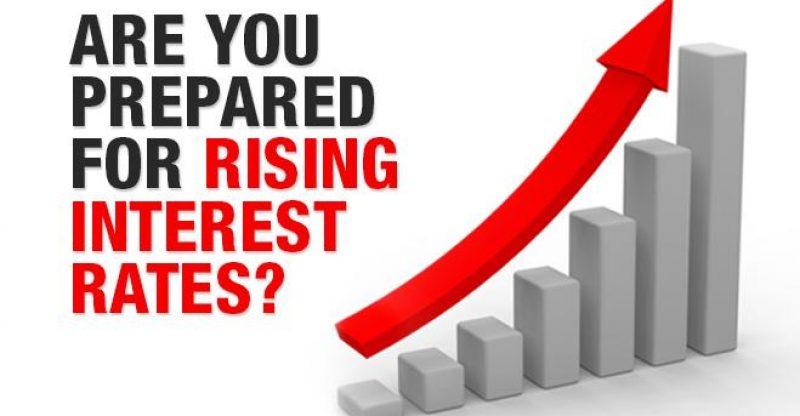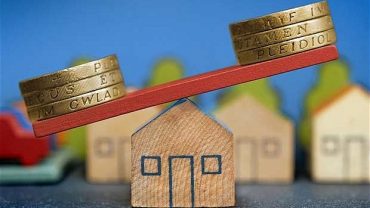All You Need To Know About The Current Rising Interest Rates
Those who locked in their mortgages in the fall or summer of last year will be proud of themselves after the recent increase of flexible loan rates. However, as for first time buyers and homeowners planning to renew, will have to face a rising interest rate environment.
The Big Five Canadian banks, namely Bank of Montreal (BMO), Royal Bank of Canada (RCB) etc, raised their fixed-rate mortgages to 5.14 per cent from 4.99 per cent within a week. This was before the Bank of Canada declared the quarter per cent increase that led to the rise in variable loan costs.
Laurence Booth, a professor of finance at the University of Toronto’s Rotman’s School of Management said in a statement “The fact is, people have been incredibly lucky in terms of mortgage rates for the last eight years.”
He added “We’re definitely in an increasing interest rate environment. We’ve seen that with the three Bank of Canada hikes over the last year.
According to reports, they expect more benchmark rate increases this year. At the moment, the rate is at 1.25 per cent.
He also said that the central bank are taking cautious measures and moving carefully, because Canadians rarely default on their mortgages.
The central bank does not want a situation where it’ll bring down the economy and make Canadians to spend more to meet their home payments than they do on basic essentials like groceries, fees, etc.
Mortgage broker and co-founder of the Ratehub.ca, James Laird stated that “There’s no intelligent way to beat the system.”
The recent increase of a quarter of a percentage point increase in the bank rate will led to an extra $52 a month or $624 per year if he or she is holding a $400,00, five year variable rate loan amortized over 25 years.
Laird said “Variable rates are now up by a quarter of a point. Fixed rates have all adjusted to the current market.” That will bring back consumers to the “classic variable versus fixed rate decision.”
Laird added that he believes that variable rate loans tend to be cheaper in the long run, however, he confirmed that the increased risk makes that a highly individual decision.
“It’s only appropriate for a household to take a variable rate if they have a lot of wiggle room in their finances. If the rate moves 3/4 of a point and beyond. Let’s say something unforeseen happens and rates rise quicker than anyone is expecting, they should be able to handle that risk.”





